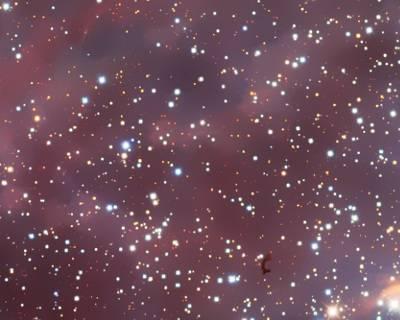| doctor | Cheng Guo-peng |
| alias | styleZhong-ling akaHengyangzi |
Cheng Guo-peng, styled Zhongling and known as Hengyangzi, was a native of She County, Anhui. Suffering from frequent illnesses in his childhood, he resolved to study medicine, delving deeply into various medical texts and synthesizing their strengths, thus mastering the art of medicine. His reputation as a physician flourished during the reigns of Emperors Kangxi and Yongzheng. In his later years, he practiced asceticism at the Putuo Temple in Tiandu, adopting the monastic name Pumingzi.
In his scholarly pursuits, he revered Zhang Zhongjing as the progenitor of medical prescriptions and advocated for a profound and contemplative approach to learning, emphasizing the importance of gaining insights into medical principles. Over thirty years, he authored the five-volume "Yixue Xinwu" (1732). The book extensively discusses internal medicine and miscellaneous diseases, also covering women's, children's, and five sense organs ailments; it summarizes the various syndromes of cold-damage disease into eight principles: exterior, interior, cold, heat, deficiency, excess, yin, and yang, and eight methods: sweating, vomiting, purging, harmonizing, warming, clearing, tonifying, and dispersing, which have been widely adopted by later physicians.
In the twelfth year of Yongzheng's reign (1732), during the renovation of Putuo Temple, thousands of monks and workers suffered from abscesses, sores, scabies, and tinea. He treated them with ointments and powders, achieving rapid results. Consequently, he further explored the essentials of surgery and compiled "Waike Shifa" (also known as "Hua Tuo Waike Shifa," 1733) for publication. He mentored many students, emphasizing the integration of theory with practice and valuing both verbal instruction and personal example.





